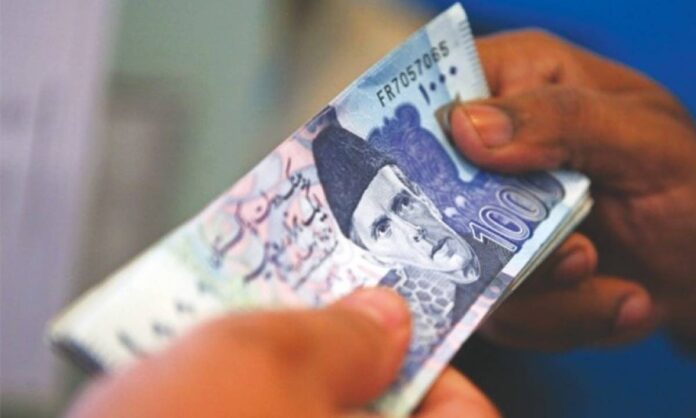ISLAMABAD: In a landmark move to permanently resolve the country’s persistent power sector circular debt, the federal cabinet has approved a historic Rs1.275 trillion financing agreement between the government and approximately 18 commercial banks.
The decision comes after extensive negotiations and forms a core part of the government’s broader circular debt reduction plan.
As per details, under the approved plan, Rs1.275 trillion will be borrowed from commercial banks at a markup—0.9percent below the prevailing three-month Karachi Interbank Offered Rate (KIBOR). This is the first time the government has opted to gradually eliminate the circular debt stock using structured commercial financing, rather than simply containing it at a certain level.
According to the Power Division, Rs683 billion from the total financing will be used to pay off the outstanding liabilities of the Power Holding Company Limited (PHL), while the remaining funds will help retire debts owed to Independent Power Producers (IPPs). The move aims to reduce the circular debt burden, which currently stands at approximately Rs2.4 trillion.
The financing deal has already received the green light from the International Monetary Fund (IMF), a necessary step given Pakistan’s ongoing economic reform commitments under the fund’s program.
The repayment of this debt will span six years, through 24 equal semi-annual installments. Importantly, the annual repayment cap has been set at Rs323 billion. To account for potential increases in interest rates, the cabinet has also approved a maximum repayment ceiling of Rs1.938 trillion.The fresh Rs683 billion in loans—extended by the banks at an interest rate of 10.50% to 11%, pegged to KIBOR minus 0.90 basis points—will be serviced through the existing Debt Service Surcharge (DSS), currently charged to electricity consumers at Rs3.23 per unit. This mechanism ensures that the new financing will not place any additional burden on the national treasury.
Industry sources emphasized that this arrangement represents a significant shift in the government’s approach—focusing on debt reduction, enhanced financial discipline, and greater transparency in power sector management.
The move is being seen as a critical milestone in Pakistan’s fiscal reform journey, aimed at stabilizing the energy sector and building confidence among investors, lenders, and development partners.




